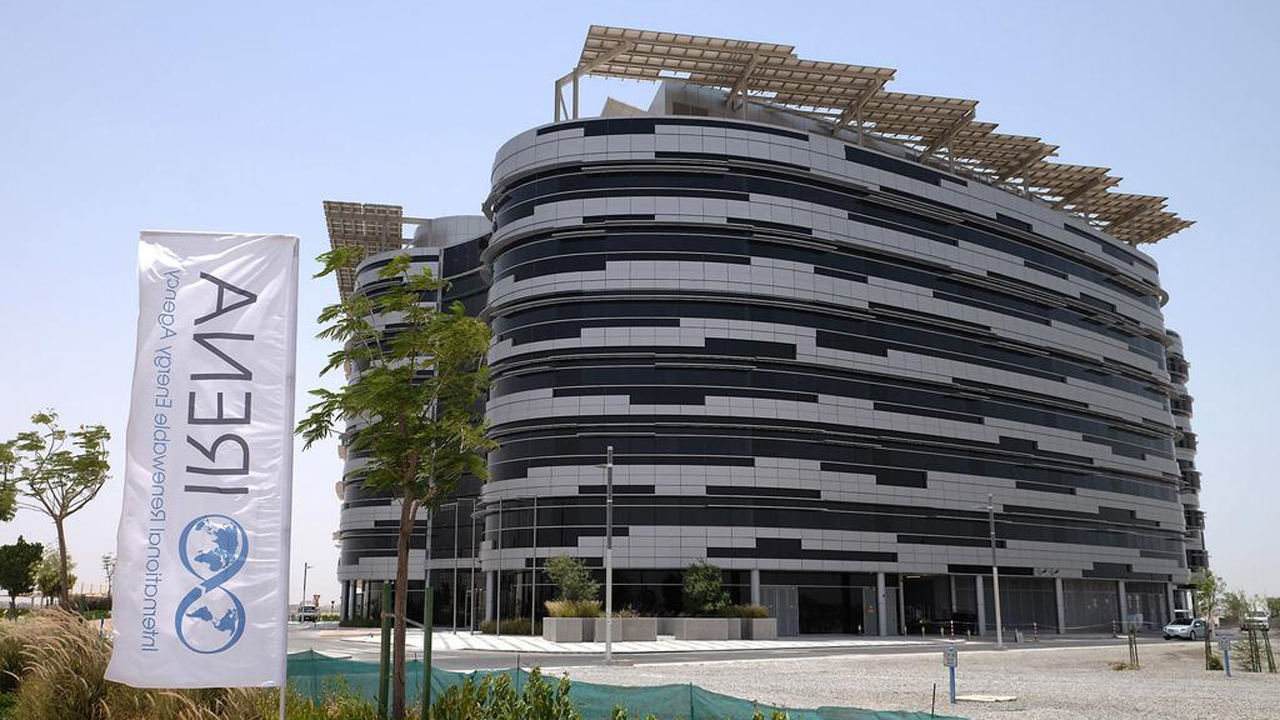Investment into renewables last year rose to $1.3 trillion, setting a new record high, the International Renewable Energy Agency (IRENA) said yesterday.
Despite the progress, IRENA insisted that there is a need for massive increase as well as equitable distribution.
IRENA, in a report, said there were clear disparities between the investment in developed and developing countries, while calling for “substantial increase in financial flows from Global North to South.
The 2022 investment went up by 19 per cent from 2021 investment levels, and 50 per cent from before the pandemic in 2019, the agency said.
The report, jointly produced by IRENA and Climate Policy Initiative (CPI) was launched on the side-lines of the Spanish International Conference on Renewable Energy in Madrid, noted that the level of investment in 2022 is still about 40 per cent less than the average investment needed each year between 2021 and 2030, to achieve 1.5°C scenario.
IRENA noted that the investment achieved in the year is not on track to achieve the goals set by the 2030 Agenda for Sustainable Development.
“Since decentralised solutions are vital in plugging the access gap to reach universal energy access to improve livelihoods and welfare under the 2030 Agenda, efforts must be made to scale up investments in the off-grid renewables sector. Despite reaching record-high yearly investments exceeding $0.5 billion in 2021, investment in off-grid renewable solutions falls far short of the $2.3 billion needed yearly in the sector between 2021 and 2030,” the report stated.
IRENA noted further that investments have become concentrated in specific technologies and uses, adding that in 2020, solar photovoltaic alone attracted 43 per cent of the total investment in renewables, followed by onshore and offshore wind at 35 per cent and 12 per cent shares.
To ensure energy transition, IRENA noted that more funds should flow to less mature technologies, as well as to other sectors beyond electricity such as heating, cooling, and system integration.
While comparing renewables financing across countries and regions, the report revealed that disparities have increased significantly over the last six years.
It said about 70 per cent of the world’s population, mostly residing in developing and emerging countries, received only 15 percent of global investments in 2020.
“Sub-Saharan Africa, for example, received less than 1.5 per cent of the amount invested globally between 2000 and 2020. In 2021, investment per capita in Europe was 127 times that in Sub-Saharan Africa, and 179 times more in North America”.
IRENA Director-General, Francesco La Camera said governments and development partners need to ensure a more equitable flow of finance, by recognising the different contexts and needs.
He said: “This joint report underscores the need to direct public funds to regions and countries with a lot of untapped renewables potential but find it difficult to attract investment. International cooperation must aim at directing these funds to enabling policy frameworks, the development of energy transition infrastructure, and to address persistent socio-economic gaps.”
CPI’s Global Managing Director Barbara Buchner said: “The path to net zero can only happen with a just and equitable energy transition. While our numbers show that there were record levels of investment for renewables last year, a greater scale-up is critically needed to avoid dangerous climate change, particularly in developing countries.”



